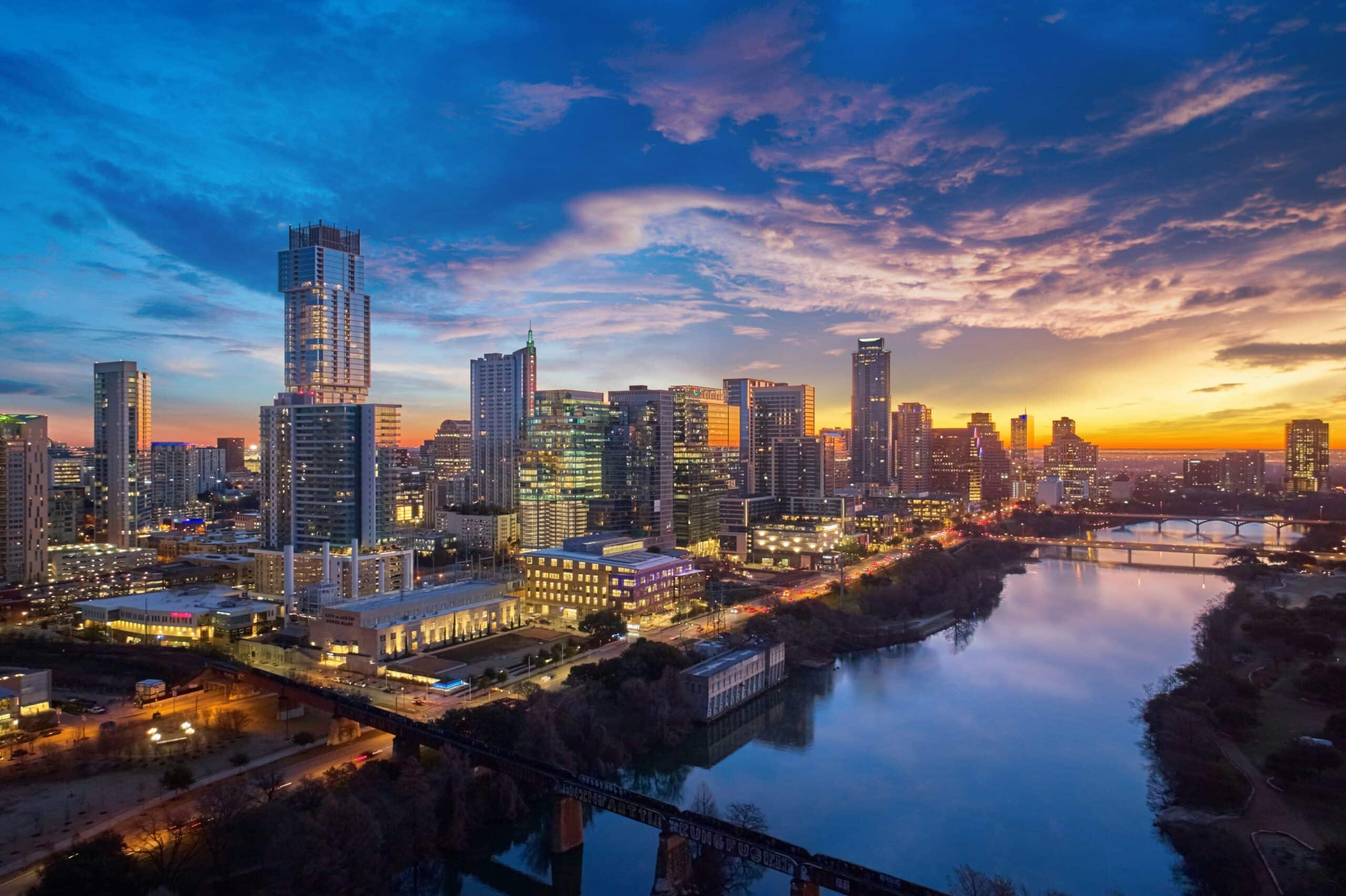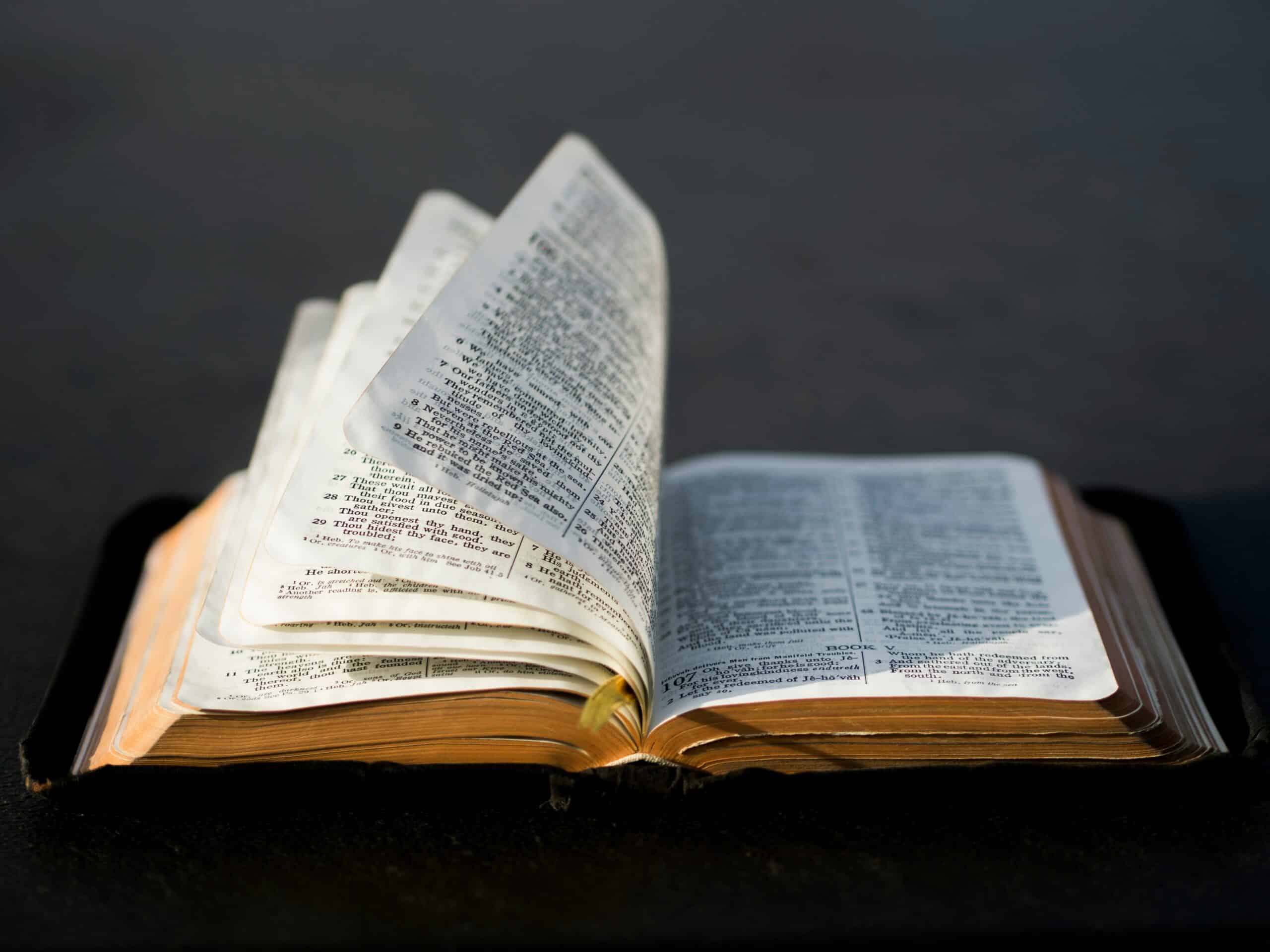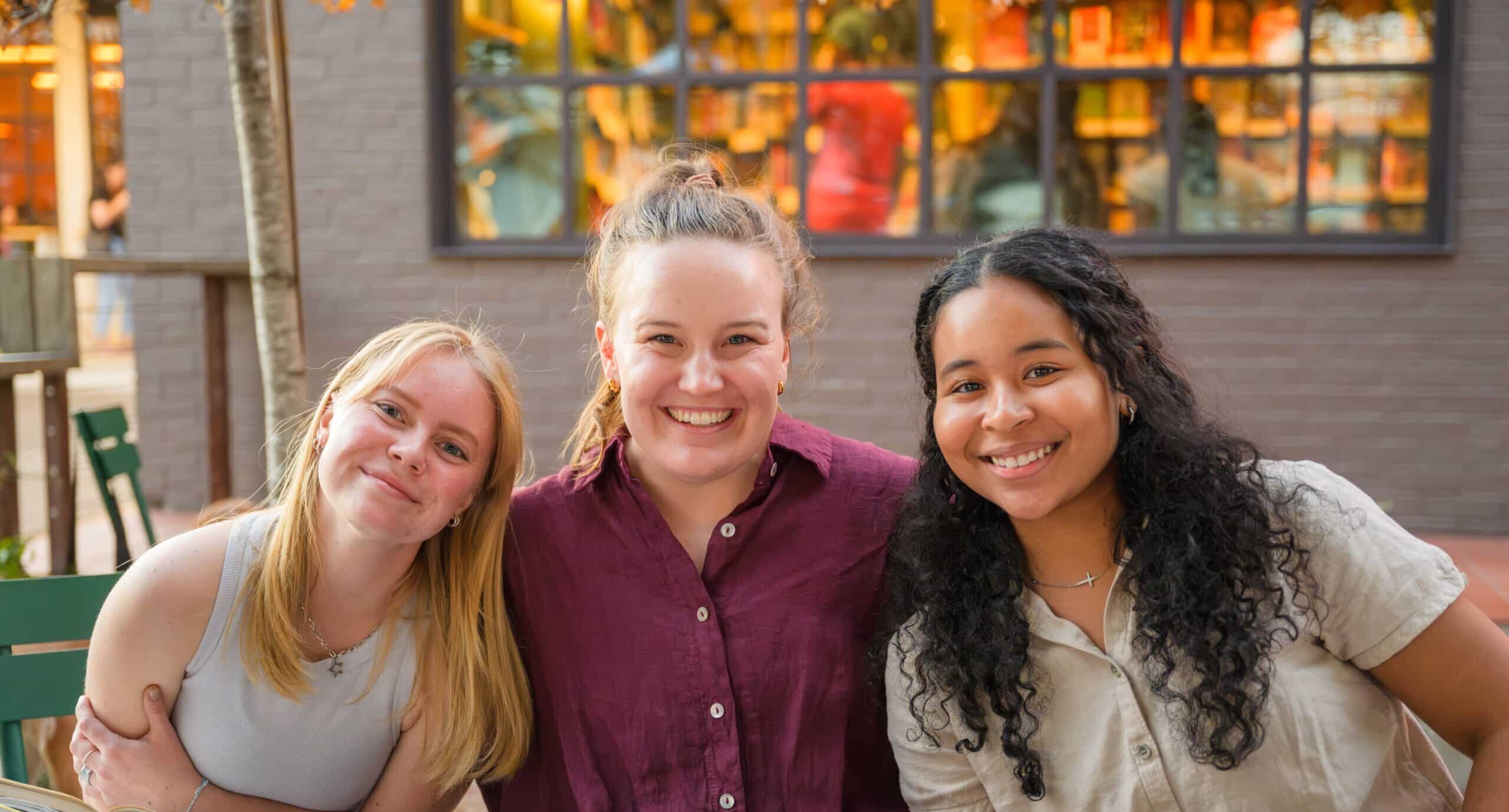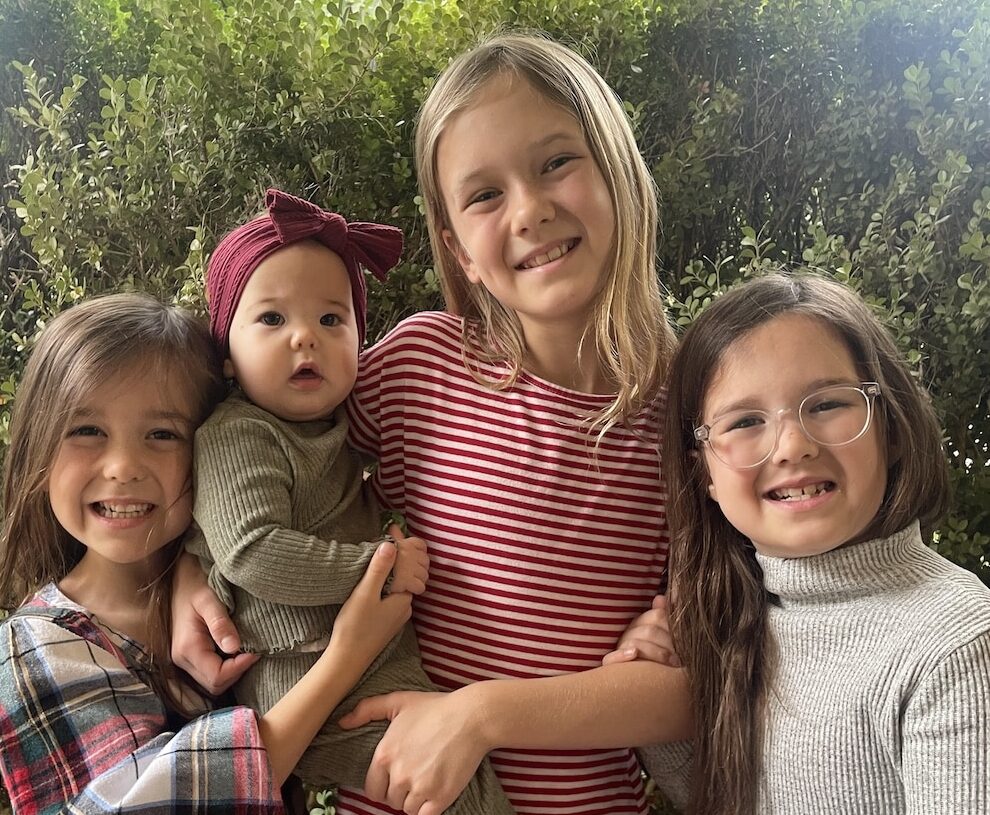Stories at The Well
WELL STORIES
Faith and Work
I had followed Jesus for years, but work remained the one area I kept separate—until burnout made that separation impossible.

In April of 2022, I quit my corporate job with no other job lined up. After moving to Austin during the pandemic in 2020, I found myself completely burned out—mentally drained to the point that I was ready to sell the house I had bought just a year earlier if I couldn’t find new work within four to six months. The “work/career” part of my life was not in a good place.
I had been following Jesus for most of my life—more seriously since being baptized in 2015—but this particular area of my life always felt separate from my walk with Him.
Around that time, I took a class at The Well called Repurpose and Awakening to help find some faith-rooted direction in my life. It was the first time I truly acknowledged that I’ve been given a unique mission and vision from God. In parallel, I felt a deep conviction to learn how to be a disciple of Christ, which is why I chose The Well as my home church—with its distinctives to exalt, disciple, and send.
I didn’t fully understand what that meant at the time. I also didn’t understand much about the Great Commission—that we are called to make disciples of all nations—nor how that applied to me when I didn’t feel “called” to go to the nations. Still, I knew it mattered, because Jesus says it does.
Toward the end of 2022, I joined a Disciple Making Cohort (DMC) out of a deep conviction: If I believe Jesus is as good as I say He is, why wouldn’t I want to share that good news with those around me? Despite serious reservations—so intense they brought me to tears at the thought of evangelizing to strangers—the DMC opened my eyes to how I could participate in what God is already doing in people around me. It actually eased my fears and helped me grow more confident in what I believe: the simple gospel of Jesus.
A friend once said that all Christians have the same calling: to love God and love others. The way that gets lived out will look different from person to person. These simple yet profound truths began to shape how I understood my purpose in God’s Kingdom.
Until recently, much of my identity was wrapped up in what I did for work—my salary, my title, and the prestige of where I worked. I had been part of teams that produced mega-concerts and special events for 20,000+ attendees. I brought hundreds of people to bucket-list experiences like the Kentucky Derby and the Indy 500. I traveled all over the U.S. and genuinely enjoyed it—until out of nowhere, I started experiencing extreme anxiety.
I confided in a mentor, who helped me understand why I might be feeling that way. She pointed out that the environments I was creating were built on excessive spending, alcohol, infidelity, and shady business practices. Nothing I was doing was illegal, but she challenged me with a question I’ll never forget: Does your work smell good? She was right—millions of dollars were passing through my hands to secure business deals built on debauchery and quiet bribery. And it stank.
So I pivoted. I landed a job at Google on the Chrome Enterprise team in Silicon Valley. The timing was perfect—just three months before the pandemic hit. I was able to work remotely while most of my former colleagues lost their jobs. The work felt more meaningful—we were helping companies keep their workforces securely online at an unprecedented time. The work smelled better. And yet, I still found myself drained—more stressed than ever.
Sure, the pandemic played a part. But more than that, I believe it was tied to how I viewed my identity in Christ.
The Great Commission exists to restore us to the First Commission.
When I became fun-employed by choice, I began to dig deep into what it means to work faithfully, sustainably, and responsibly—and, ultimately, what God says about work. I quickly realized that to understand God’s view of work, we first need to understand who we are and why we’re here in the first place.
That answer is found in Genesis 1 and 2—before sin entered the picture, before the Great Commission was even necessary. The first commission God gives humanity isn’t to make disciples—it’s to be fruitful, multiply, fill the earth, subdue it, and rule over it. As image-bearers of God, we’re meant to reflect the loving unity of the Trinity and cultivate the raw materials of creation for human flourishing. In other words: work.
That first commission still holds true today, though now it’s complicated by the curse of sin in the world and in us. While we’re still called to co-create with God, we’re now also called to bring healing, justice, and beauty to a broken world. We make disciples so that all people—every tongue, tribe, and nation—can return to their original identity and calling. The Great Commission exists to restore us to the First Commission.
After reading countless books, listening to sermons and podcasts, and joining a cohort of others asking the same questions, I came across the idea of the “unabridged gospel”—a phrase used by author and podcast host Jordan Raynor. This is where I began to rest my identity and find deep, holistic meaning in my work. Jordan says it like this:
“The good news of the gospel is not just that I get to go to heaven when I die, but that I get to partner with God in revealing heaven on earth until I die.” That idea unlocked something for me—and it was just the beginning.
Later, I had the opportunity—along with two friends—to teach what we had learned to others at The Well through a class called How to Bring the Kingdom of God to Work. This class isn’t a roadmap for evangelism, nor a pitch to go into vocational ministry. Instead, it’s a comprehensive vision for work within the greater story of the gospel.
We aim to challenge the idea that a truly spiritual calling must involve full-time ministry, missions, or working at a church. Our hope is that people leave the class with a better understanding of God’s first commission, how it connects to the Great Commission, and how their unique position fits into that calling.
We want to help people gain a conviction of God’s heart for their vocational work, understand their identity as image-bearers, and see how that identity informs their calling and purpose—here and now.




